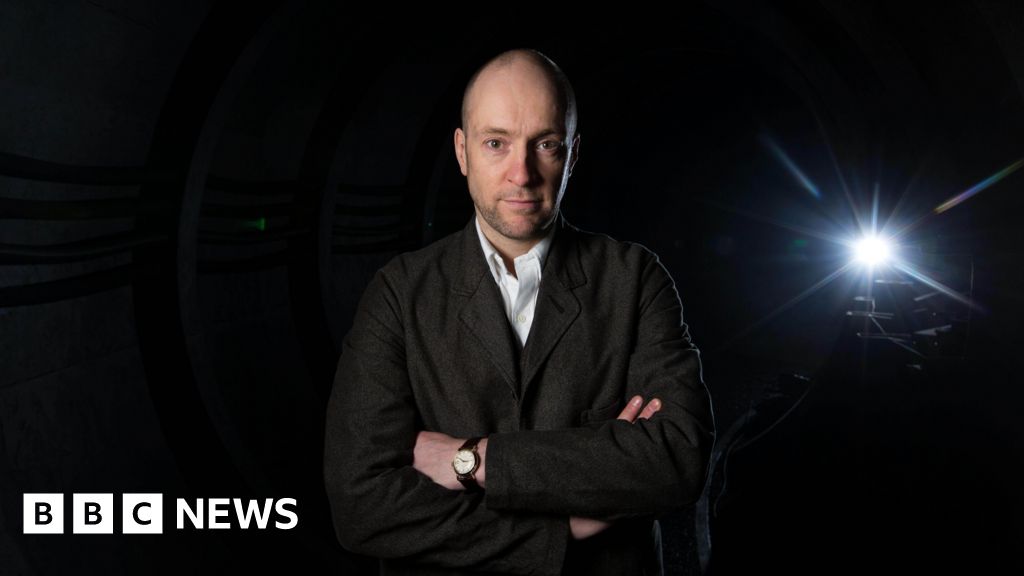ARTICLE AD BOX

 Getty Images
Getty Images
David Lodge has been described as one of the Booker Prize's "most notable unwinners"
Author and critic David Lodge, best known for his Booker Prize-nominated campus novels Small World and Nice Work, has died at the age of 89.
In the books, the former literature professor satirised academic life, and both went on to be adapted for television.
His other celebrated works included Changing Places and The British Museum is Falling Down - a comic novel about a poor student who is distracted while attempting to write a thesis.
His publisher Liz Foley said: "His contribution to literary culture was immense, both in his criticism and through his masterful and iconic novels which have already become classics."
'One of the greats'
Her statement added: "He was also a very kind, modest and funny person and I feel incredibly lucky to have worked with him and had the pleasure of enjoying his wit and company over the course of his recent publications."
His agent Jonny Geller remembered him as a "true gentleman" whose "social commentary, meditations on mortality and laugh-out-loud observations make him a worthy addition to the pantheon of great English comic writers".
Publishing house Harvill Secker said he "died peacefully with close family at his side".
A statement from his family said they were "very proud of his achievements and of the pleasure that his fiction, in particular, has given to so many people".
It was "interesting growing up with David Lodge as a father", his children recalled.
"Colleagues from the University of Birmingham and writers from all over the world visited our home in Birmingham," they said.
"Conversation over the supper table was always lively, our mother Mary very much held her own meanwhile David was ready with a reference book to look up something that was being disputed."
'Superb social comedy'
Born and raised in London, Lodge published his first novel in 1960 but made his real breakthrough with Changing Places in 1975.
He won the Whitbread Book of the Year award in 1980 with How Far Can You Go? - about young Catholics and their response to the Vatican's policy on contraception.
Changing Places was followed by sequels Small World: An Academic Romance in 1984 and Nice Work in 1988, both of which earned Booker nominations.
In 2018, the Times said Lodge was "probably the most distinguished novelist of his generation not to win it".
"He has mined the great seams of frustrated ambition, bungled relationships and sexual disappointment to create superb social comedy," literary editor Robbie Millen wrote.
In the same paper, Laura Freeman said: "His dons-off-the-leash novels are written in whirligig spirit: corridor creeping at literary conferences, mistaken identities, sexy twins, missed planes, scuppered plans."
BBC Two's 1989 adaption of Nice Work included the first use of the word "clitoris" on prime time TV, Freeman noted.
Lodge wrote in his second memoir Writer's Luck that he regarded the move "as a feather in my cap".
Services to literature
In 1992, Lodge published The Art of Fiction, an influential collection of essays on literary techniques citing classic examples from a wide range of writers including Henry James, Virginia Woolf and James Joyce.
Lodge's other books included Therapy, Deaf Sentence and A Man of Parts, and he was made a CBE in 1998 for services to literature.
That came a year after he was honoured by France's Order of Arts and Letters.
Speaking at the Hay Festival in 2015, Lodge admitted that he was running out of ideas and he was now writing exclusively non-fiction.
"Writers who begin early like I did probably reach their peak in their 40s or 50s," he said. "After that books become more of a struggle and take longer to write."

 1 week ago
5
1 week ago
5








 English (US) ·
English (US) ·